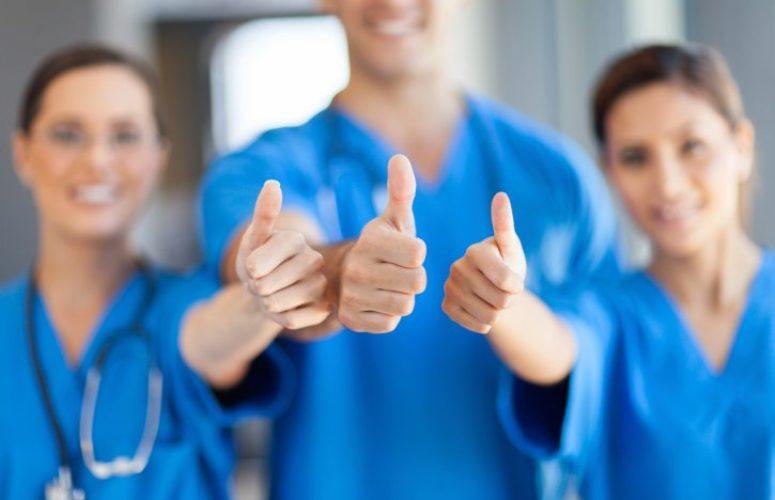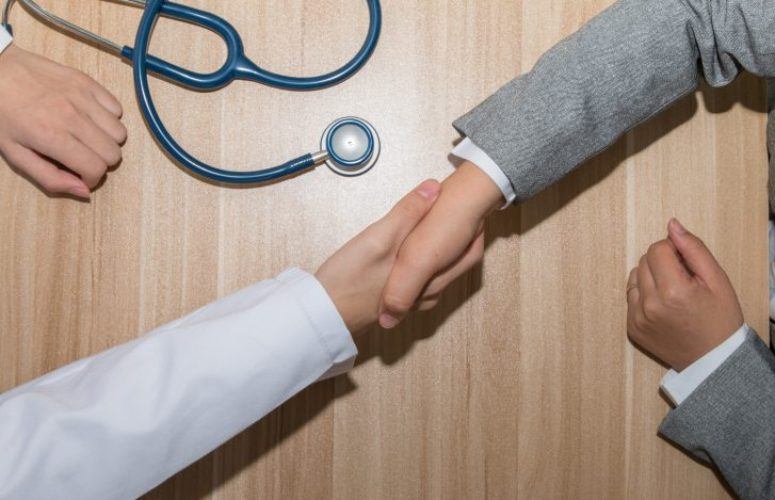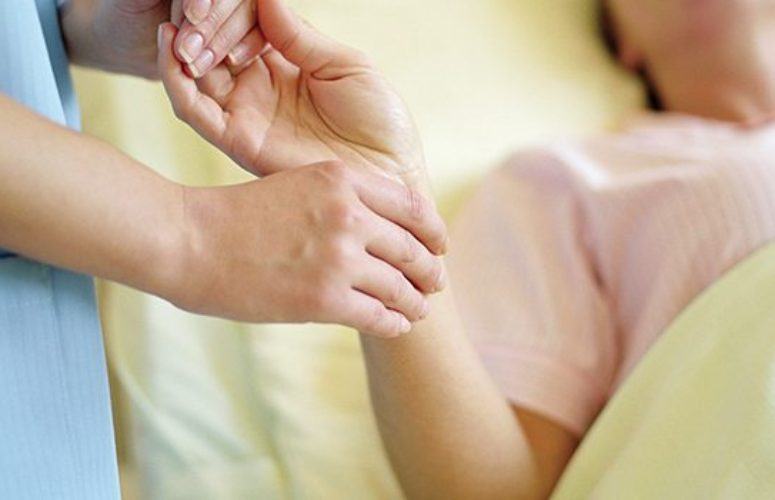
Hospitals Contribute $23.4 Billion to NJ Economy
On Dec 8, 2017New Jersey hospitals and health systems contributed $23.4 billion to the Garden State economy in 2016, according to the 2017 N.J. Hospitals Economic Impact Report released today by the New Jersey Hospital Association. This is an increase from $22.7 billion in activity in 2015.
Mirroring national trends, hospitals and health systems saw employment increase to nearly 144,000 jobs, including more than 120,000 full-time jobs. This resulted in $9 billion in employee payroll spending and $496 million in estimated state income tax paid by employees, an increase from $8.7 billion and $483 million in 2015, respectively.
“New Jersey’s hospitals and health systems are some of the largest employers in the state, not only providing quality care to their communities and supporting community health and wellness, but contributing to the financial strength and producing jobs people are proud to do,” said Cathy Bennett, president and CEO of NJHA. “We are gratified our work is a bedrock of the state and local economy.”
The Economic Impact Report uses data gathered from 71 acute care hospitals in the Garden State and compiles their economic contributions statewide and across counties and individual hospitals. The 2017 report, which utilizes 2016 year-end data, also breaks out economic contributions by hospital- and county-level data.
The full report is available as an interactive tool for the second year, available here. Data by teaching hospital status and state and federal district is also easily accessed through a series of drop down menus. Previous reports dating back to 2014 data are also available now through the interactive page.
Specific highlights from the 2017 report include:
- New Jersey hospitals and health systems purchased $3.3 billion in goods and services from other companies last year, an increase of $200 million over 2015. Key areas include contracted labor ($1.6 billion), pharmaceuticals ($1.4 billion), dietary, laundry and housekeeping ($129 million) and building supplies ($20 million).
- New Jersey hospitals and health systems paid nearly $159 million in taxes, including a 0.53 percent assessment ($131.5 million), adjusted admissions assessment ($17.4 million) and newborn screening fees ($9.6 million).
- New Jersey hospitals and health systems contributed to the state’s safety net by providing care during 1.4 million hospital visits by uninsured persons.
“As the full impact of the aging Baby Boomer generation is just beginning to be felt, the true value of the hospitals and health systems to the state of New Jersey cannot be overstated. The economic footprint of our healthcare community ripples throughout state and local economies and provides a strong foundation for continuing to provide excellent care to the people of our state,” said Sean Hopkins, NJHA’s senior vice president of federal relations and health economics.
Related Articles:





